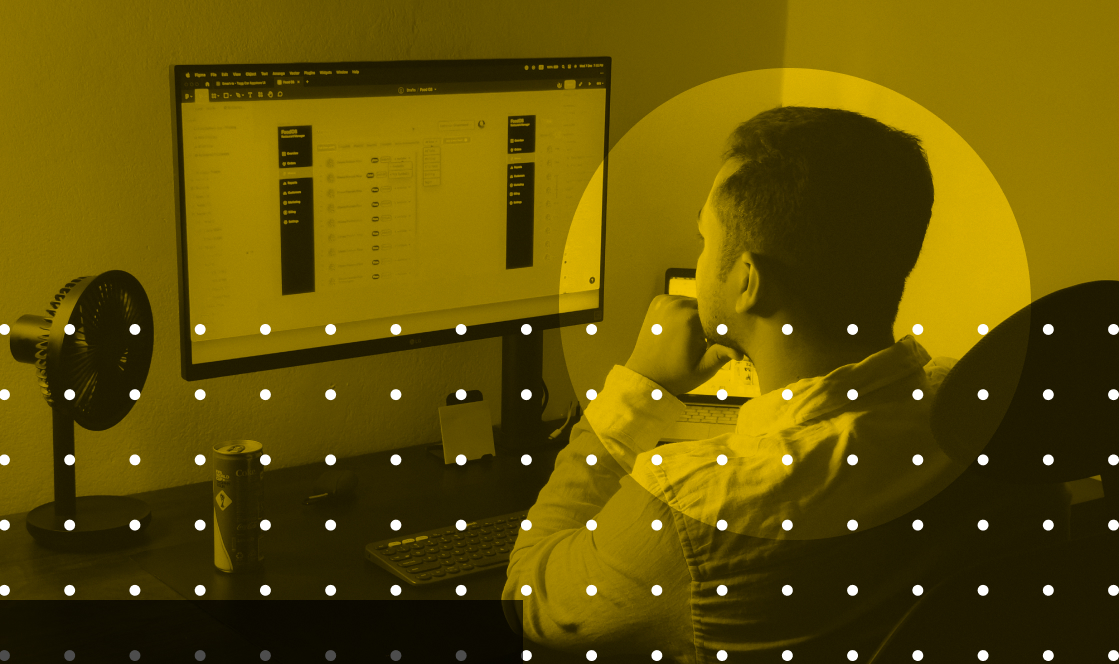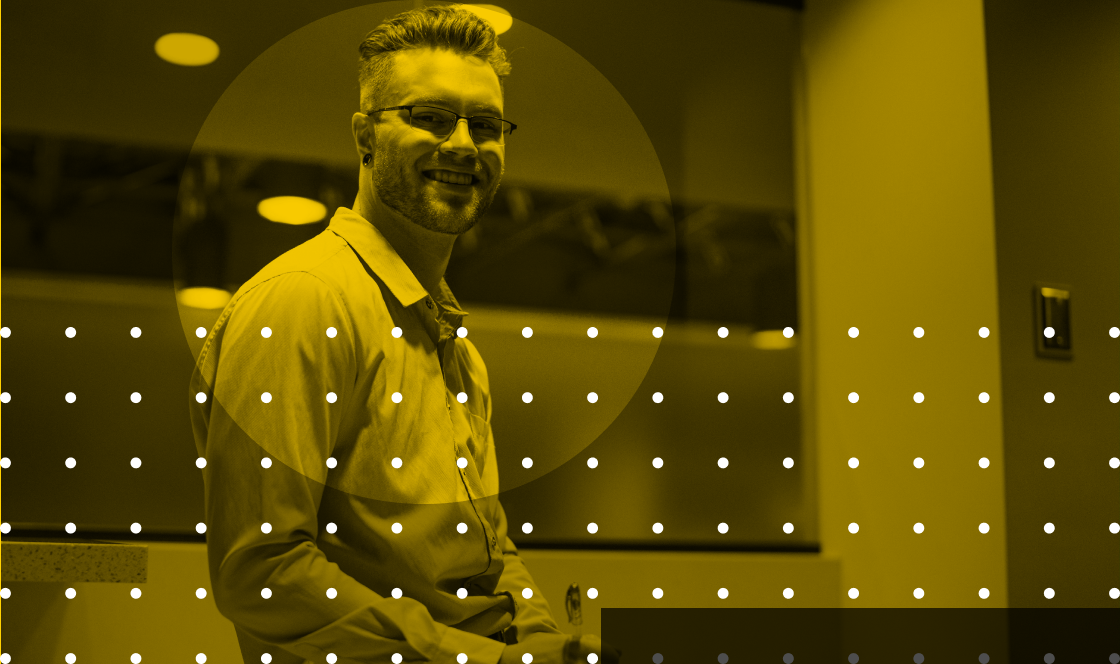Your podcast is a goldmine. But if all you’re doing is hitting “publish” and hoping people listen, you’re leaving 90% of its value on the table.
Transcripts unlock that value—fast.
They turn audio into fuel for your blog, LinkedIn, newsletter, and sales enablement. And if you do it right, one episode can power your entire content engine.
Why Transcripts Work (Even If No One Reads Them)
Let’s be clear: no one reads raw transcripts.
But you will—for what’s hidden inside.
Transcripts help you:
- Spot your guest’s best sound bites
- Highlight frameworks, stories, or takeaways
- Index your content for SEO and search
- Feed GPT a structured text source for repurposing
That’s how you multiply one conversation into ten touchpoints.
How to Turn One Transcript Into a Full Funnel
Top of Funnel (Awareness)
- LinkedIn posts: Pull 3–5 quotes or insights and turn them into short takes
- Blog post: Summarize the episode into a 500–800 word article
- Audiogram clip + pull quote: Add to your newsletter or social
Prompt:
“Summarize this transcript into a LinkedIn post with a contrarian hook and a takeaway for early-stage founders.”
Middle of Funnel (Consideration)
- Newsletter: Turn the core insight into a lead-nurturing email
- How-to PDF: Package a step-by-step breakdown into a download
- Case study: If the episode features a customer or founder win, reframe it
Prompt:
“Create a short email from this podcast transcript that shares 3 things founders get wrong about AI adoption, with a CTA to the full episode.”
Bottom of Funnel (Conversion)
- Sales asset: Clip a customer quote that addresses an objection
- Training snippet: Turn part of the conversation into onboarding content
- Landing page copy: Use the transcript to write a new headline or CTA section
You’re not just creating content—you’re tightening your narrative across the buyer journey.
Your Simple 5-Step Workflow
- Record → transcribe (use Otter, Descript, Riverside, or built-in tools)
- Drop transcript into GPT with the right persona-based prompts
- Highlight and tag: insight, story, CTA, objection, quote
- Draft 3–5 assets: post, email, blog, case study, deck slide
- Track what gets clicks, replies, or converts—and do more of that
What to Do This Week
- Pick one recent podcast episode
- Transcribe it and highlight 5 top quotes
- Use GPT to turn it into:
- One blog post
- Two LinkedIn updates
- One email to your list
- One blog post
- Drop a takeaway into your next sales call deck
Your podcast isn’t just a channel—it’s a content OS.
Transcripts are the unlock.



